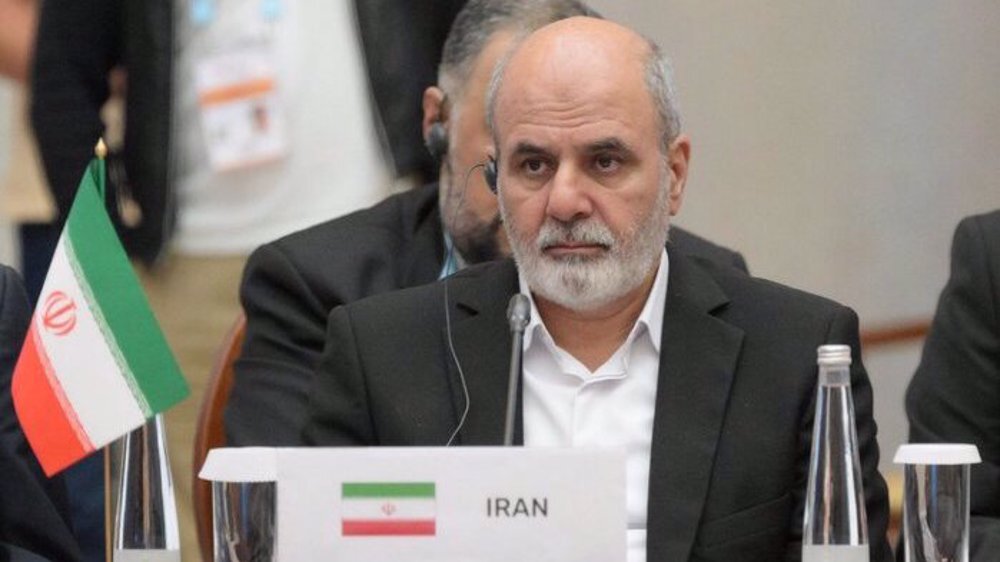Iran calls for anti-sanctions alliance at BRICS meeting in Russia

TEHRAN – Ali Akbar Ahmadian, Secretary of Iran’s Supreme National Security Council (SNSC), has called for the formation of an "anti-sanctions alliance" within the BRICS bloc of emerging economies to counter the growing pressure of sanctions imposed by Western powers.
Ahmadian’s remarks came during a joint gathering of top security officials from BRICS nations and representatives from the Global South on Wednesday in St. Petersburg, Russia. The Iranian official emphasized the need for BRICS countries—Brazil, Russia, India, China, and South Africa—as well as other emerging nations, to unite in promoting a new multilateral world order.
He argued that cooperation among these nations is essential for addressing a broad spectrum of security challenges, ranging from economic and financial concerns to environmental and cyber threats.
"Economic security, particularly in areas such as energy, food, finance, maritime activities, and even cultural and psychological dimensions, requires the joint efforts of BRICS and Global South countries," Ahmadian declared. "Together, these countries can create institutions that reflect the changing world order, ensuring that the emerging multipolar system is better equipped to meet modern challenges."
Highlighting the impact of sanctions on many of these nations, Ahmadian advocated for an alliance to confront sanctions that have long stifled economic growth and stability. He added that the creation of a robust financial monitoring mechanism to combat issues like money laundering could be a key step toward achieving greater economic security.
Ahmadian also pointed to the growing global momentum towards multilateralism, suggesting that international structures have been dominated by the United States for far too long. "Many global institutions have been effectively held hostage by the U.S. and its allies," he said, stressing that these institutions have failed in their mission to foster lasting global peace and stability.
Instead, according to Ahmadian, they have often been used by Washington to impose sanctions, fuel terrorism, and heighten global tensions.
He further emphasized that the international system is undergoing a profound transition, shifting away from U.S. hegemony toward a more just and cooperative world.
"The decline of American dominance and the rise of new power centers such as the Shanghai Cooperation Organization and BRICS signal the beginning of a new era in international relations," he noted. "This new chapter holds the promise of a more equitable future for all nations."
The Saint Petersburg meeting brought together security representatives from BRICS and a number of other nations, including Indonesia, Turkey, Kazakhstan, Venezuela, Cuba, and more. The gathering is seen as part of broader efforts to deepen cooperation among BRICS+ nations, many of which share a common interest in resisting Western sanctions and creating alternative economic structures.
Iran, which formally joined BRICS earlier this year, has been vocal in its support for the bloc’s potential to reshape global governance. Ahmadian praised BRICS as a vital platform for fostering a new security framework that would safeguard the interests of the international community in the face of mounting geopolitical challenges.
The expansion of BRICS in 2023, with the inclusion of Iran, Argentina, Egypt, Ethiopia, the UAE, and Saudi Arabia, has been hailed as a significant development. Collectively, the BRICS nations now represent around 40% of the global population and account for approximately 25% of the world’s gross domestic product (GDP).
